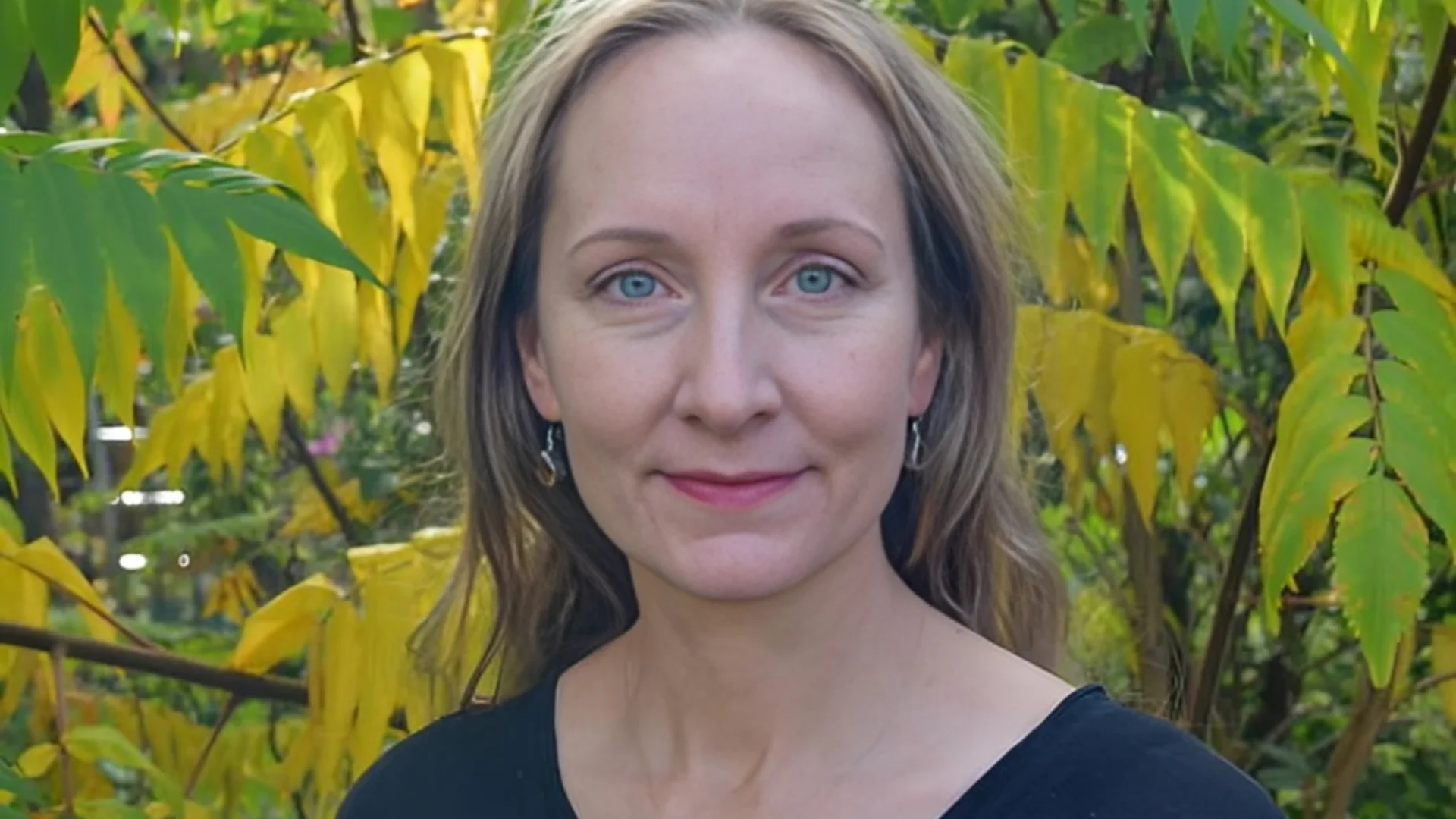Researchers at the University of Oxford, working with Royal Botanic Gardens Kew, University of Greenwich, and the Technical University of Denmark, have developed a new method to address nutritional deficiencies in honeybee diets. Climate change and modern farming practices have reduced the variety of flowers available to bees, limiting their access to essential nutrients found in pollen. Many beekeepers now use artificial pollen substitutes that do not contain the specific sterols required for bee development.
The research team engineered the yeast Yarrowia lipolytica using CRISPR-Cas9 gene editing to produce a mixture of six key sterols needed by bees. These sterols—24-methylenecholesterol, campesterol, isofucosterol, β-sitosterol, cholesterol, and desmosterol—were identified through chemical analysis of bee tissue samples. The modified yeast was then used as a supplement in bee diets during three-month feeding trials conducted in controlled glasshouse environments.
By the end of the study period, colonies fed with the sterol-enriched yeast had reared up to 15 times more larvae to the viable pupal stage compared with colonies fed control diets. Colonies on the enriched diet were also more likely to continue brood production throughout the trial period, while those on sterol-deficient diets stopped after 90 days. The sterol profile of larvae from colonies given the engineered yeast matched that found in naturally foraged colonies.
Senior author Professor Geraldine Wright from Oxford’s Department of Biology stated: “Our study demonstrates how we can harness synthetic biology to solve real-world ecological challenges. Most of the pollen sterols used by bees are not available naturally in quantities that could be harvested on a commercial scale, making it otherwise impossible to create a nutritionally complete feed that is a substitute for pollen.”
Lead author Dr Elynor Moore added: “For bees, the difference between the sterol-enriched diet and conventional bee feeds would be comparable to the difference for humans between eating balanced, nutritionally complete meals and eating meals missing essential nutrients like essential fatty acids. Using precision fermentation, we are now able to provide bees with a tailor-made feed that is nutritionally complete at the molecular level.”
Pollinators such as honeybees play an important role in producing over 70% of leading global crops. Their decline threatens food security and biodiversity worldwide. In recent years, annual losses among commercial honey bee colonies in the United States have ranged from 40% to 50%, with projections suggesting this could rise further.
Co-author Professor Phil Stevenson commented: “Honey bees are critically important pollinators for the production of crops such as almonds, apples, and cherries and so are present in some crop locations in very large numbers, which can put pressure on limited wildflowers. Our engineered supplement could therefore benefit wild bee species by reducing competition for limited pollen supplies.”
Danielle Downey from Project Apis m., who was not involved in the study but leads a nonprofit focused on honeybee research, said: “We rely on honey bees to pollinate one in three bites of our food, yet bees face many stressors. Good nutrition is one way to improve their resilience to these threats, and in landscapes with dwindling natural forage for bees, a more complete diet supplement could be a game changer. This breakthrough discovery of key phytonutrients that, when included in feed supplements, allow sustained honey bee brood rearing has immense potential to improve outcomes for colony survival, and in turn the beekeeping businesses we rely on for our food production.”
The researchers note that larger field trials will be necessary before widespread adoption. They anticipate that this supplement could become available within two years if results remain positive. There is also potential for similar technology to support other pollinators or farmed insects.
The full findings appear in Nature under ‘Engineered yeast provide rare but essential pollen sterols for honeybees’.

